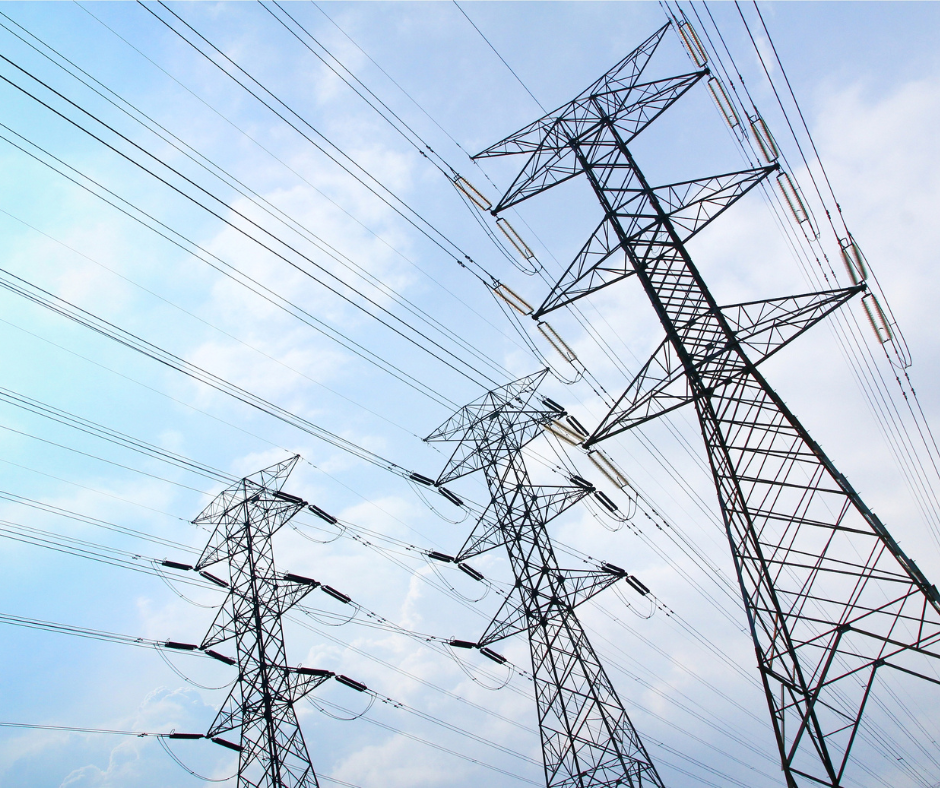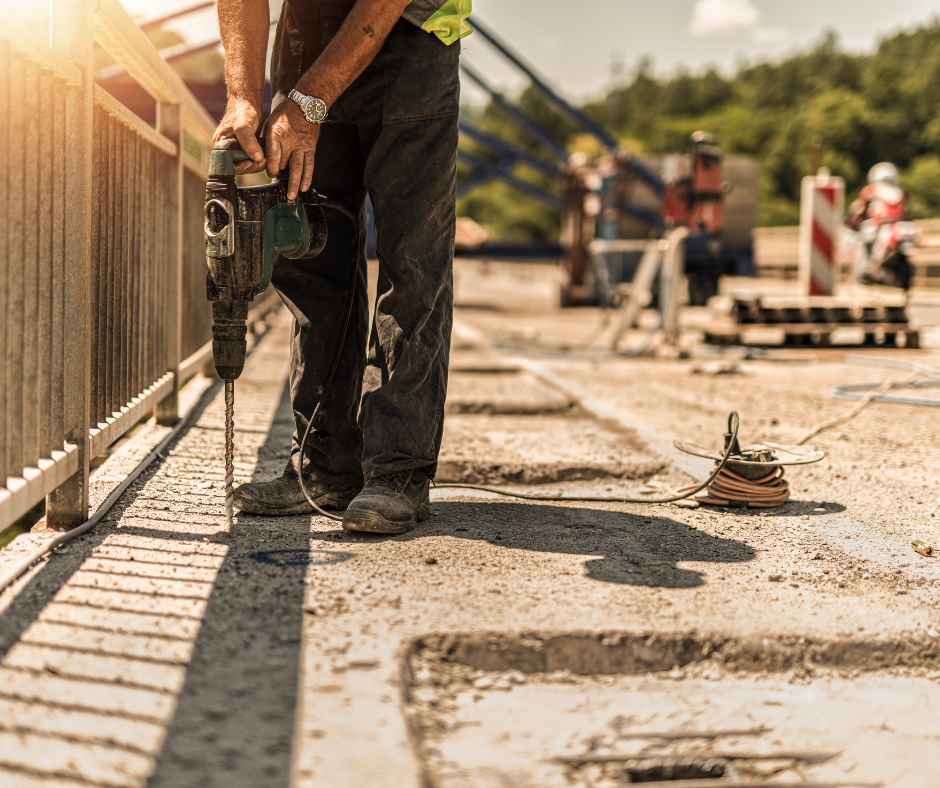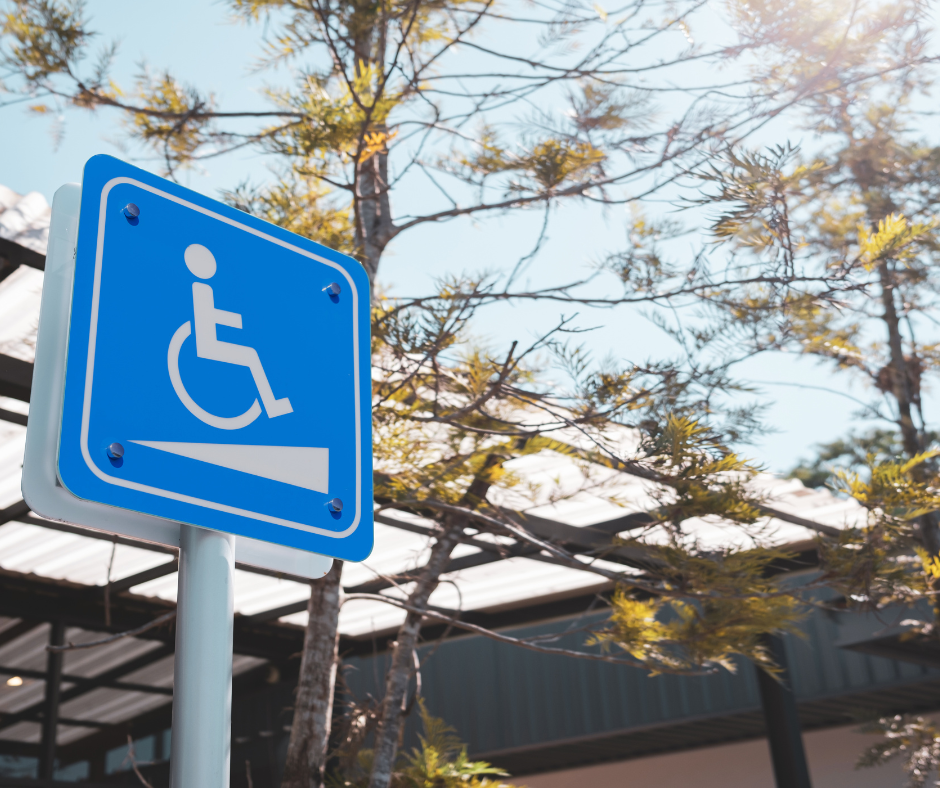National Grid fined £3.2million after pylon worker suffers serious burns
 The National Grid has been fined more than £3million after its failures left a father-of-two with life-changing injuries from working on a pylon in South Wales.
The National Grid has been fined more than £3million after its failures left a father-of-two with life-changing injuries from working on a pylon in South Wales.
Justin Hollins was working replacing step bolts on the pylon at Treforest Industrial Estate in Pontypridd, when he received an electric shock of 33 thousand volts. The 50-year-old sustained burns to 40 per cent of his body, including to his arms and legs, and also lost part of his right buttock.
National Grid Electricity Distribution (South Wales) Plc and 4 Power Ltd both received fines in relation to the incident, which happened on 3 December 2020.
Read more on the HSE website.
The aftermath of Grenfell: A comprehensive overview of UK’s building safety reforms
 Adrian Mansbridge and Annie Davies from Addleshaw Goddard provide an overview of the key legal developments since the Grenfell fire in June 2017, focusing on building and fire safety.
Adrian Mansbridge and Annie Davies from Addleshaw Goddard provide an overview of the key legal developments since the Grenfell fire in June 2017, focusing on building and fire safety.
In the early hours of 14 June 2017, the tragic Grenfell Tower fire unfolded in West London, claiming 72 lives and leaving over 70 injured. This devastating incident not only displaced numerous residents but also initiated a national debate on building safety and fire regulation. The subsequent Grenfell Tower Inquiry has scrutinised the events leading up to the fire, with a particular focus on the building’s refurbishment and fire safety measures.
Following this, England has seen a significant overhaul of building and fire safety regulations. The introduction of the Fire Safety Act 2021 and Building Safety Act 2022 both underscore a national commitment to ensuring the safety of high-rise and residential buildings. This article delves into the key legislative and regulatory developments post-Grenfell.
Visit the SHP website for more details.
Over 80% of Londoners affected by construction noise
 Eight out of ten Londoners say they have been impacted by construction noise where they live in the last year, research has revealed.
Eight out of ten Londoners say they have been impacted by construction noise where they live in the last year, research has revealed.
A new survey from urban impact agency Urban Thinking revealed 82% of those living in the capital have faced issues from construction noise in the past 12 months.
Almost one in three (32%) said they have been impacted by noise more than three times in the last year.
Dusan Durdevic, senior manager at Urban Thinking, said: “Noise pollution is a huge issue in the infrastructure development space and can have an impact on the public’s health and mental wellbeing.
“Most Londoners will have already been exposed to a noisier environment than those who live in the countryside, but development projects can produce levels of sound that can really create serious issues in the lives of those affected.
“It can also cause significant problems for construction companies, who can face hefty fines for breaching legislation around noise.
“Not only that, the reputational damage poor noise mitigation can cause to an infrastructure development project can really harm a business and can give people the impression those in charge are not considerate of those living in the local area.”
Learn more about the survey on the HSM website.
The Crucial Role of Accessibility and Inclusivity in Life Safety Systems
 Designing life safety systems with inclusion at the heart is paramount. This ensures everyone, regardless of ability, has an equal chance of evacuating safely.
Designing life safety systems with inclusion at the heart is paramount. This ensures everyone, regardless of ability, has an equal chance of evacuating safely.
This is especially crucial in schools and hospitals, where vulnerable individuals are often present – it is also imperative in dangerous working environments where people might be working in noisy environments such as factories.
Visual fire alarms alongside audible ones can be lifesavers in these scenarios, while lowered fire call points and clear signage in multiple formats – like Braille or audio recordings – empower everyone to raise the alarm and understand evacuation routes. By prioritising accessibility, we can create a truly inclusive environment that protects everyone in an emergency.
Fire can strike anywhere, and everyone deserves to feel safe and have a clear path to escape in an emergency. Accessible fire detection systems are crucial for achieving equity and fairness in fire safety.
Imagine someone with limited mobility trapped on an upper floor without access to an elevator or consider someone deaf or hard of hearing unaware of a fire due to the lack of visual alarms. By ensuring all fire detection systems are inclusive, we guarantee everyone has an equal chance to escape a fire and reach safety.
Read more on the SHP website.
To keep up to date with the latest health & safety news and advice, follow us on social media:
